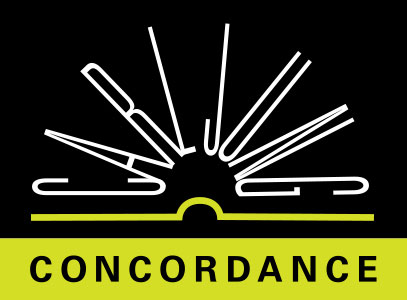Love would seen to be no trifling thing: it is God himself:
But, on the other hand, “love” is an extreme example of anthropomorphism and, together with hunger, the immemorial psychic driving-force of humanity
CW5 ¶ 97Love is, psychologically considered, a function of relationship on the one hand and a feeling-toned psychic condition on the other, which, as we have seen, practically coincides with the God-image
CW5 ¶ 97There can be no doubt that love has an instinctual determinant; it is an activity peculiar to mankind, and, if the language of religion defines God as “love,” there is always the great danger of confusing the love which works in man with the workings of God
CW5 ¶ 97This is an obvious instance of the above-mentioned fact that the archetype is inextricably interwoven with the individual psyche, so that the greatest care is needed to differentiate the collective type, at least conceptually, from the personal psyche
CW5 ¶ 97In practice, however, this differentiation is not without danger if human “love” is thought of as the prerequisite for the divine presence ( I John 4 : 12 )
CW5 ¶ 97“Love,” in the experience of psychology, proves to be the power of fate par excellence, whether it manifests itself as base concupiscentia or as the most spiritual affection. It is one of the mightiest movers of humanity
CW5 ¶ 98If it is conceived as “divine,” this designation falls to it with absolute right, since the mightiest force in the psyche has always been described as “God.” Whether we believe in God or not, whether we marvel or curse, the word “God” is always on our lips
CW5 ¶ 98Anything psychically powerful is invariably called “God.” At the same time “God” is set over against man and expressly set apart from him
CW5 ¶ 98This means, psychologically, that the libido, regarded as the force of desire and aspiration, as psychic energy in the widest sense, stands in part at the disposal of the ego, and in part confronts the ego autonomously, sometimes influencing it so powerfully that it is either put in a position of unwilling constraint, or else discovers in the libido itself a new and unexpected source of strength
CW5 ¶ 98Love may be effectively used as a means for gaining the upper hand.Love and good behaviour are, from the standpoint of the power-instinct, known to be a choice means to this end. Virtuousness often serves to compel recognition from others
CW7 ¶ 50Love may summon forth unsuspected powers in the soul for which we had better be prepared
CW7 ¶ 164